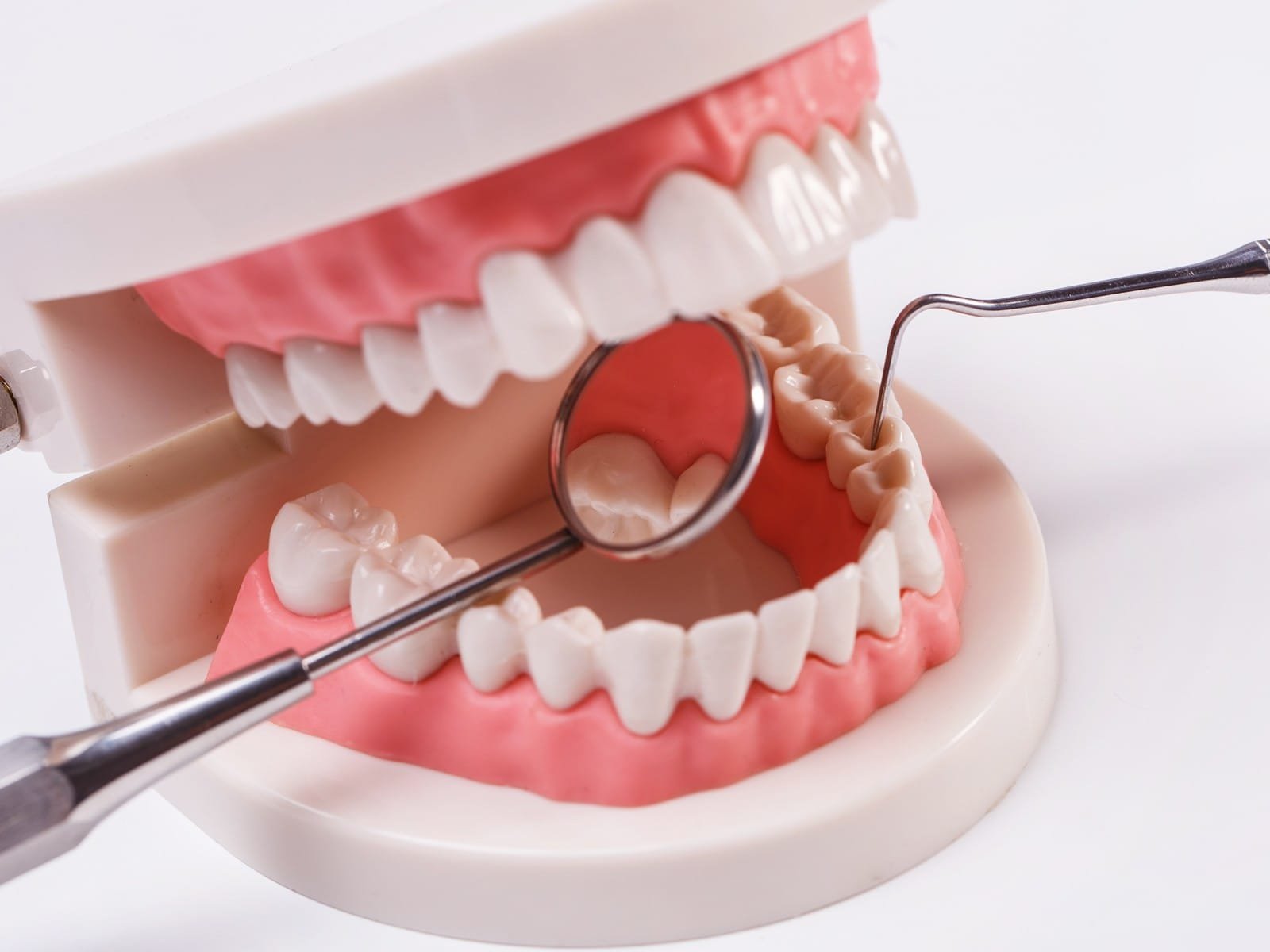Dental emergencies can strike when least expected, causing pain and stress. Fortunately, you can reduce these emergencies with preventive dentistry. By focusing on proactive care, you can maintain a healthy smile and avoid unexpected trips to the dentist. Regular check-ups with your Jackson Heights dentist can help catch problems early. They can clean your teeth, spot small issues, and stop them from becoming painful emergencies. Preventive dentistry isn’t just about cleaning. It’s about building a foundation for lasting oral health. Strong teeth and gums don’t happen by chance. They require consistent care. With simple and effective practices, you can protect your teeth from decay and damage. Prevention is the key to a healthier future, saving you time, money, and discomfort. Embrace a routine that focuses on prevention. Your smile will thank you for it, and you’ll enjoy peace of mind knowing you’re taking active steps to prevent emergencies.
1. Regular Dental Check-Ups
Visiting your dentist regularly is crucial for good oral health. Most experts recommend seeing a dentist at least twice a year. During these visits, your dentist examines your mouth, checks for cavities, and assesses gum health. These check-ups help identify issues early before they become serious problems.
Consider this table:
Frequency of Dental Visits | Chance of Dental Emergencies |
|---|---|
Twice a year | Low |
Once a year | Medium |
Less than once a year | High |
Routine check-ups mean early detection of potential issues. This proactive approach keeps your teeth and gums healthy. Learn more about the importance of regular check-ups from the CDC.
2. Professional Cleanings
Professional dental cleanings remove plaque and tartar that regular brushing can’t handle. Plaque builds up over time, leading to cavities and gum disease. If not removed, it turns into tartar, which is much harder to remove.
Dental hygienists use special tools to clean your teeth thoroughly. This process helps prevent tooth decay and gum disease. Regular cleanings also allow for monitoring your oral health, ensuring your teeth remain strong.
The American Dental Association recommends professional cleanings as an essential part of preventive care. Cleanings reduce the risk of emergencies and help maintain a bright, healthy smile. Read more about the benefits of professional cleaning on the ADA’s website.
3. Oral Hygiene Education
Education is a powerful tool in preventing dental issues. Understanding the right way to brush and floss can make a big difference. Dentists and hygienists provide valuable guidance during visits. They teach techniques for effective brushing and flossing.
They also offer advice on diet and habits that affect oral health. Knowing which foods to avoid and the best ways to care for your teeth keeps emergencies at bay. For instance, limiting sugary snacks and drinks helps prevent cavities.
Educating yourself and your family about oral care practices leads to healthier teeth. Good habits developed early in life set the stage for a lifetime of healthy smiles.
Preventive dentistry encompasses these three critical areas. Each plays a role in reducing dental emergencies. Regular check-ups, cleanings, and education work together to keep your mouth healthy.
By integrating these practices into your routine, you safeguard your oral health. Prevention not only saves you from pain but also from the cost and inconvenience of emergency dental visits.
Commit to preventive dental care today. You’ll enjoy fewer emergencies and a healthier, brighter smile. Take the first step by scheduling an appointment with your dentist. Your future self will be grateful for the care you invest in now.



